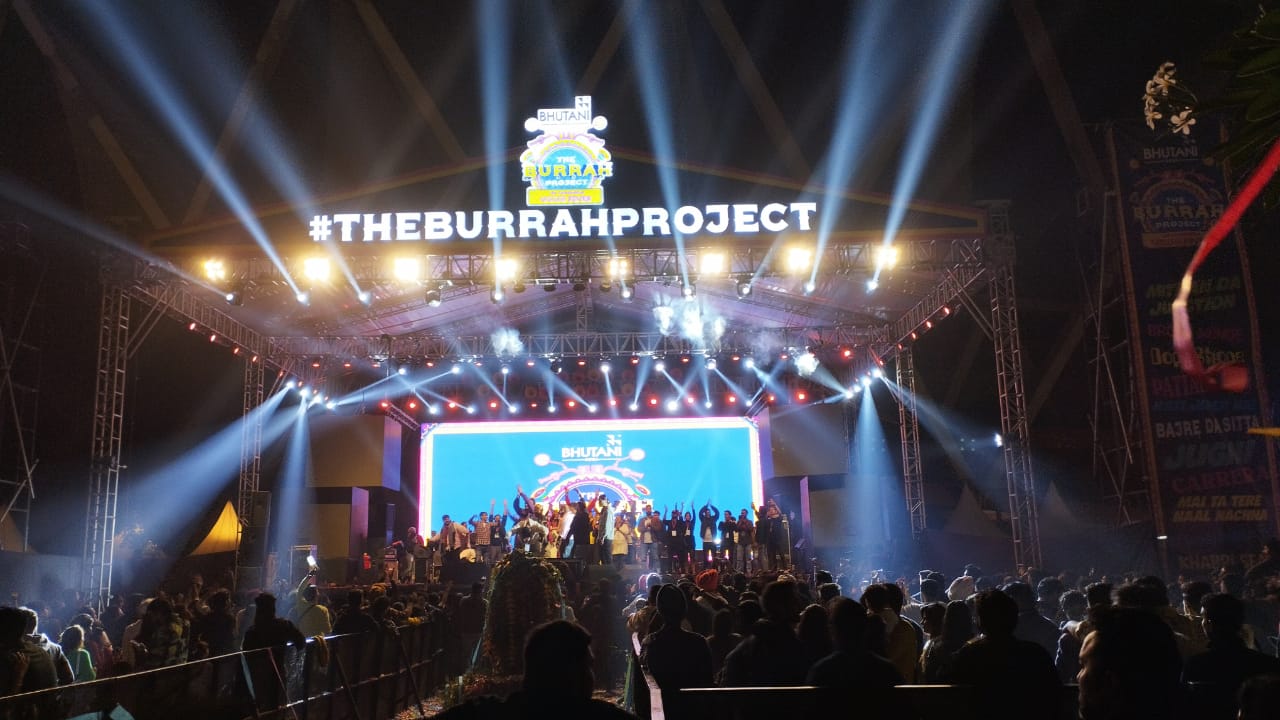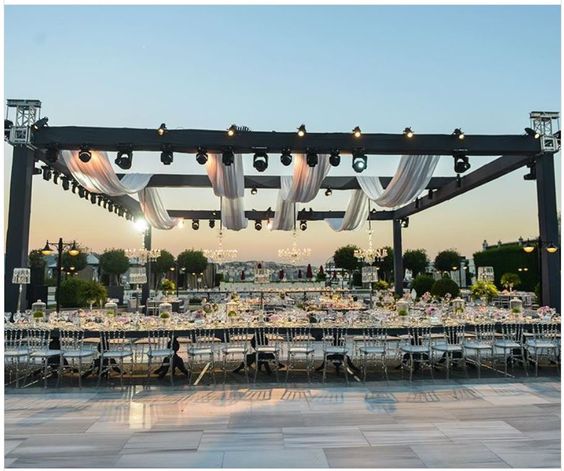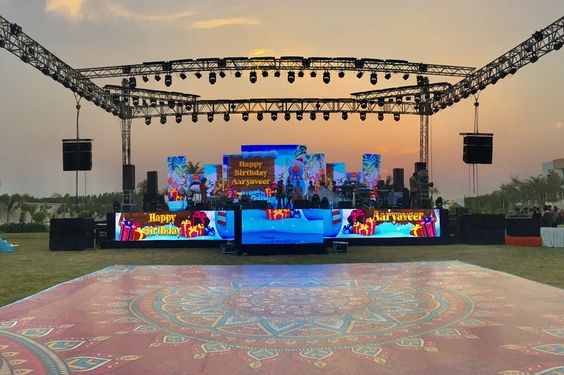Event management is a multifaceted discipline that requires meticulous planning, flawless execution, and exceptional organizational skills. On the day of the event, all the hard work put into the pre-event preparations culminates in a live experience that must leave a lasting impression on attendees. In this comprehensive guide, we will delve into the intricacies of managing your event on the big day, with a focus on D Signature Live—an event that demands nothing short of perfection.
Preparing for Event Day
1 Final Checklist
- Venue Inspection: Conduct a thorough inspection of the venue to ensure everything is in order, from seating arrangements to technical equipment.
- Team Briefing: Gather your event team for a final pre-event briefing, clarifying their roles and responsibilities.
- Vendor Coordination: Confirm that all vendors (caterers, decorators, AV technicians, etc.) are on the same page regarding setup and timing.
- Guest List and Registration: Ensure that the guest list is up to date, and the registration process is smooth and efficient.
2 Emergency Plan
- Emergency Contacts: Compile a list of emergency contacts, including medical personnel and security, and distribute it to your team.
- Contingency Plans: Prepare contingency plans for common event-day issues, such as bad weather or technical glitches.
- First Aid Stations: Set up first aid stations and ensure all staff knows their locations.
Event Setup
1 Venue Layout
- Decor and Signage: Confirm that all decor and signage are placed correctly and in line with the event’s theme.
- Seating Arrangements: Double-check seating arrangements to ensure they match the final guest list.
- Technical Equipment: Test all technical equipment, including microphones, projectors, and screens.
2.2 Staffing
- Staff Arrival: Ensure that all staff members arrive on time and are dressed appropriately.
- Dress Code: Emphasize the importance of a uniform dress code to maintain a professional appearance.
- Shift Assignments: Assign clear shifts to staff members to avoid fatigue during the event.
Managing the Event
1 Timeline Management
- Event Schedule: Stick to the planned event schedule, allowing for minor adjustments if necessary.
- Time Buffer: Include time buffers between sessions or activities to account for potential delays.
- Speakers and Presenters: Ensure speakers and
- to their allotted time slots.
2 Attendee Experience
- Engagement: Create opportunities for attendee engagement through activities, networking breaks, and interactive elements.
- Feedback Collection: Set up feedback stations or surveys to gather attendee opinions during the event.
- Problem Resolution: Address attendee concerns or issues promptly and professionally.
3 Vendor Coordination
- Vendor Communication: Maintain open lines of communication with vendors to address any last-minute changes or issues.
- Payment Handling: Confirm all payments to vendors and ensure invoices are accurate.
4 Crisis Management
- Communication Plan: Implement a crisis communication plan to address unforeseen issues calmly and efficiently.
- Decision-Making: Designate decision-makers who can make quick and informed choices in high-pressure situations.
Post-Event
1 Debriefing
- Team Meeting: Hold a post-event team meeting to discuss what went well and what could be improved for future events.
- Vendor Feedback: Provide constructive feedback to vendors to improve their services.
2 Attendee Follow-up
- Thank You Emails: Send thank-you emails to attendees, speakers, and sponsors, expressing gratitude for their participation.
- Post-Event Surveys: Analyze post-event surveys and feedback to gain insights for future events.
3 Financial Assessment
- Financial Review: Conduct a thorough financial review to ensure the event stayed within budget.
- Invoice Processing: Ensure all vendor invoices are processed accurately and on time.
Lessons Learned
1 Document Everything
- Event Report: Create a detailed event report outlining the entire event process, from planning to execution.
- Photographs and Videos: Document the event through photographs and videos for promotional and analytical purposes.
2 Continuous Improvement
- Feedback Implementation: Use feedback from attendees and team members to refine your event management processes.
- Stay Updated: Keep up with industry trends and best practices to stay competitive and innovative.
Conclusion
Managing an event, especially one as grand as D Signature Live, requires a combination of meticulous planning, effective communication, and adaptability. By following the guidelines and best practices outlined in this comprehensive guide, you can ensure that your event day runs smoothly, leaving attendees with an unforgettable experience and you with a successful event to remember.



